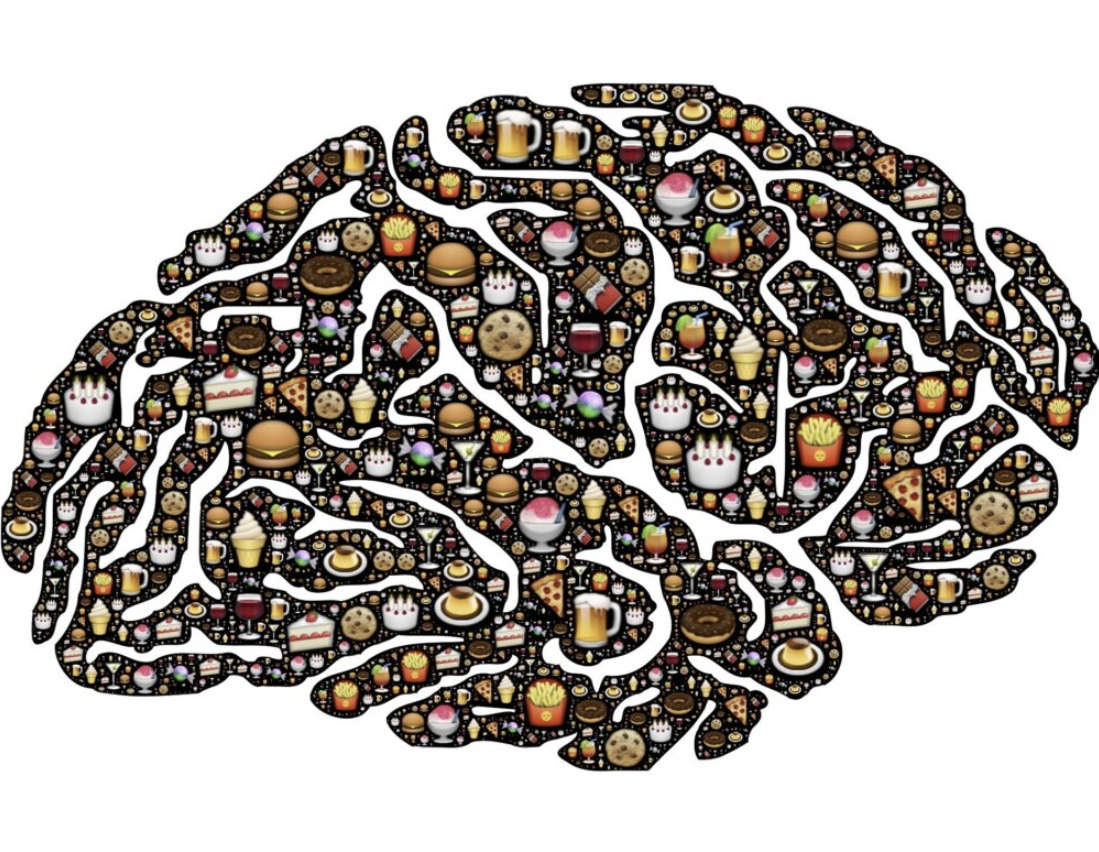Food addiction is a complicated condition that can disrupt a person’s relationship with food and overall health. The definition includes compulsive behaviors around eating, such as overeating certain foods or binging on unhealthy items. Overcoming food addiction involves understanding the science behind it. It also involves discovering the best solutions for yourself and experiencing great results from your efforts. Overcoming Food Addiction
The Science Behind Food Addiction
Knowing that the brain drives the behavior is essential to start understanding food addiction. Eating certain types of foods can trigger a reward system in the brain. This floods it with dopamine and other ‘feel-good’ hormones. This reinforces the behavior and can lead to addictive patterns around food.
In addition to this reward system, stress and craving stem from areas of the brain. When someone experiences intense cravings for unhealthy foods, there is likely an area of their brain in overdrive trying to fulfill those cravings. Overcoming food addiction requires calming this stress response and reworking the pathways that lead to cravings.
Best Solutions
The best solutions for overcoming food addiction depends on each person. However, some key strategies have been proven effective in many cases, for example:
- Mindfulness meditation: Regularly practicing mindful awareness can help with emotional regulation and reduce stress levels which will lessen cravings for unhealthy foods.
- Cognitive behavioral therapy (CBT): This has been successful at reducing emotional eating as well as helping people learn how to handle difficult emotions without turning to food for comfort or relief.
- Creating structure around eating habits: By having regular mealtimes and sticking to healthy choices when shopping, you can help to break addictive patterns that surround food.
Great Results
Overcoming food addiction leads to improved physical health. These can include such things as weight loss or better overall energy levels. But there are also psychological benefits, such as:
- increased self-esteem
- greater resilience against stressors
- reduced anxiety levels and depression symptoms
- higher quality relationships with friends/family/colleagues
These are all due to improved emotional regulation skills. Once you have broken free from addictive patterns surrounding food, you should experience more freedom when choosing what you eat since you won’t be driven by cravings anymore!
Overcoming Food Addiction: Enlisting Support
Shades of Hope provides support and guidance for those struggling with food addiction. Through their unique approach, Shades of Hope provides the tools necessary to overcome this problematic condition.
They offer resources designed for individuals seeking help overcoming food addiction. In addition, they also offer support and advice from nutritionists and counselors who can provide valuable insight into managing cravings and understanding triggers.
Shades of Hope provides a safe space where individuals can learn more about themselves and how to best manage their food addiction. They offer a holistic approach that includes expert advice and compassionate care. Through their unique approach, they can provide quality resources for those seeking help conquering this issue. Contact Shades of Hope for the knowledge and assistance to build a healthy relationship with food again.
